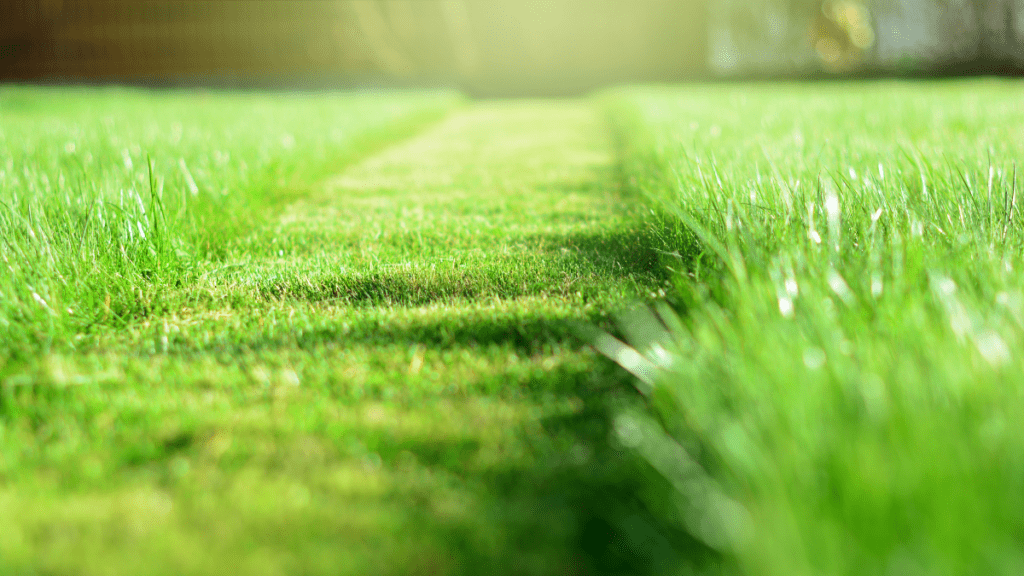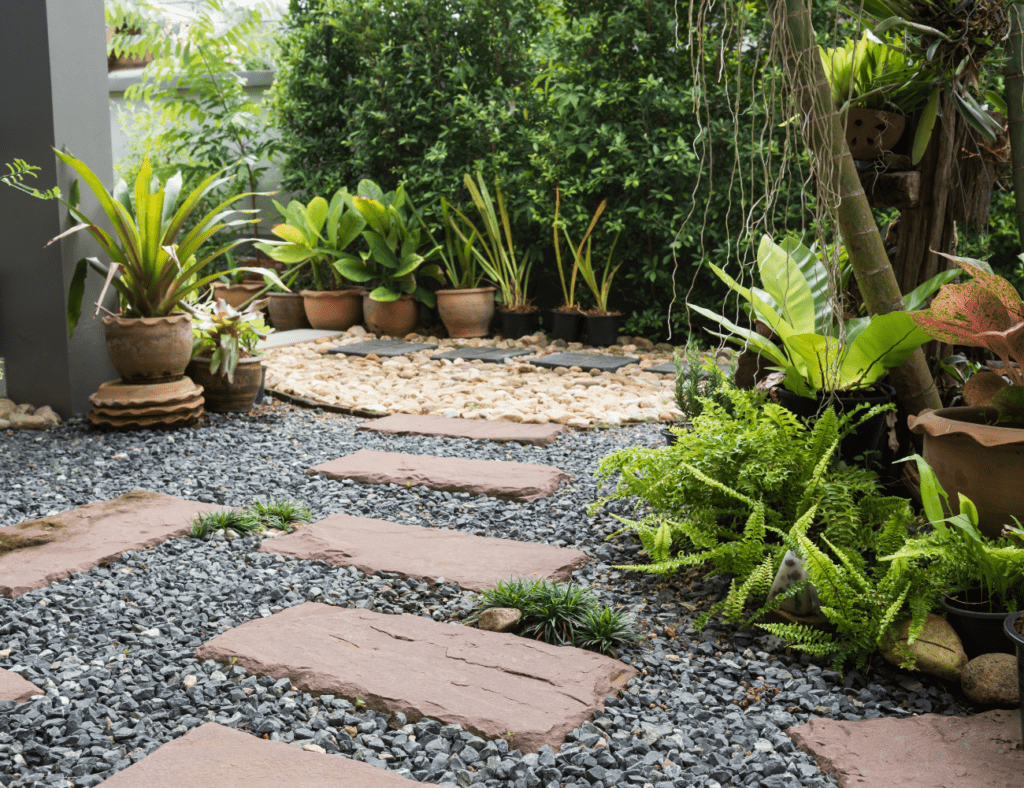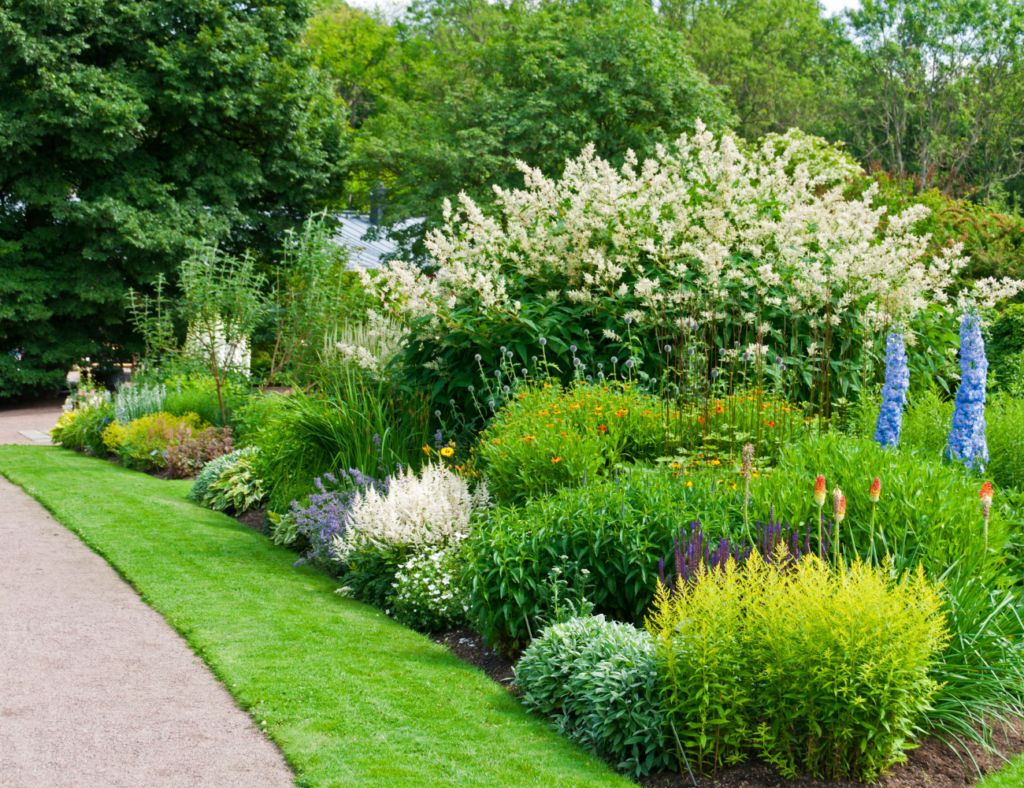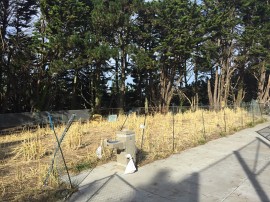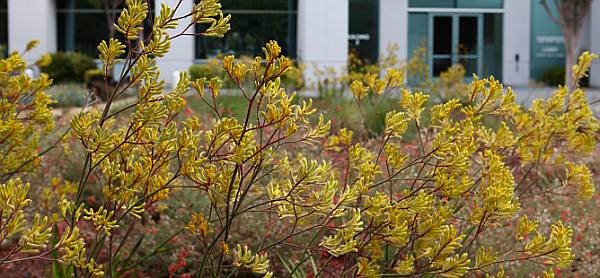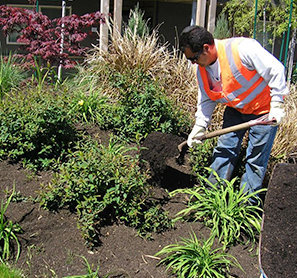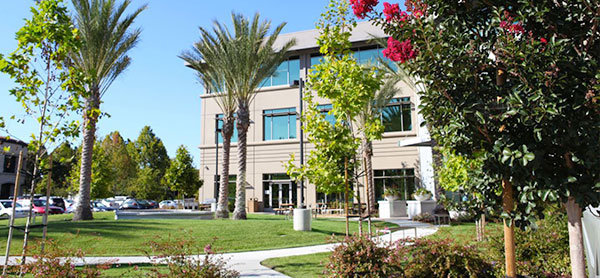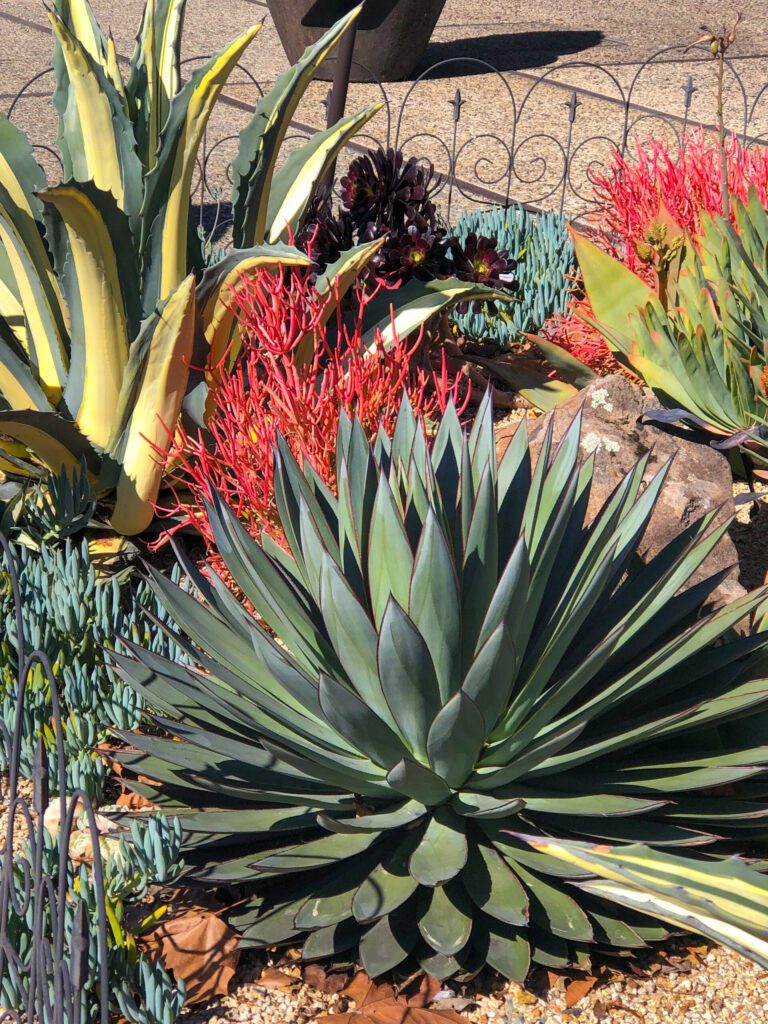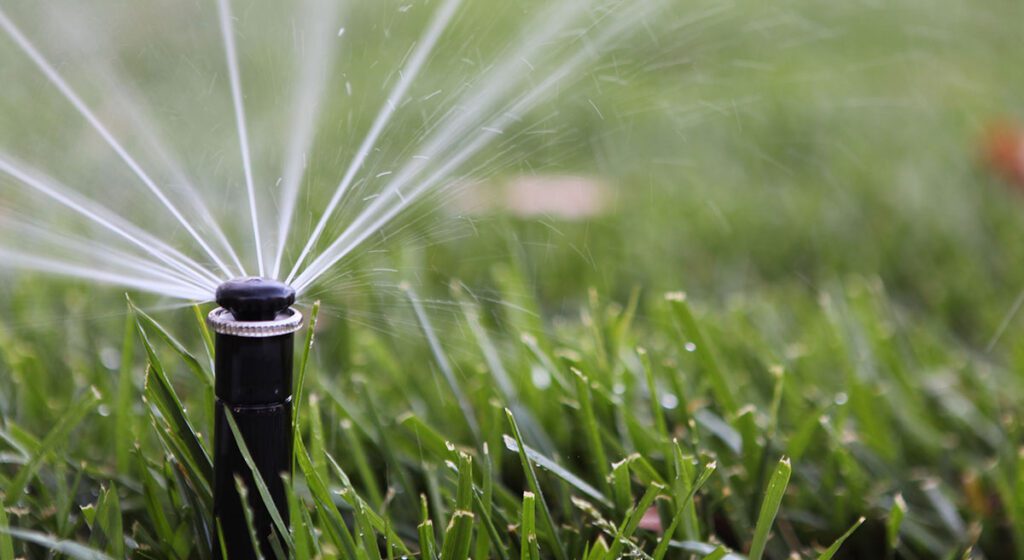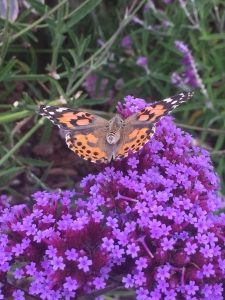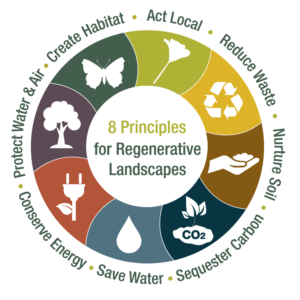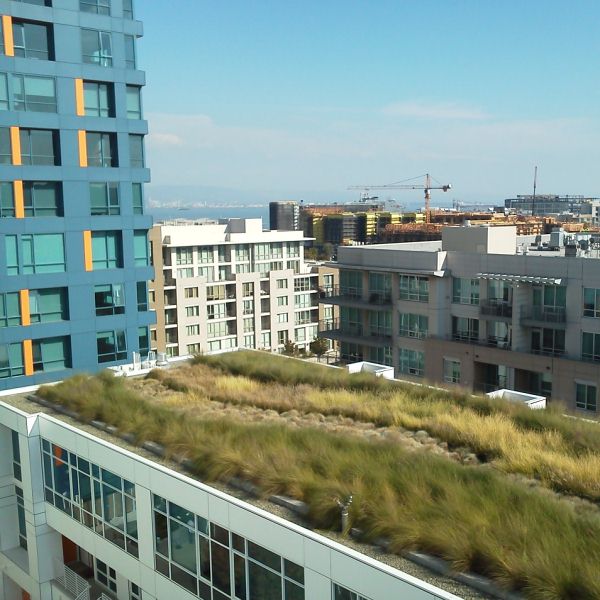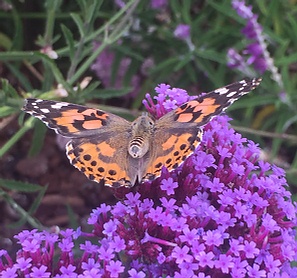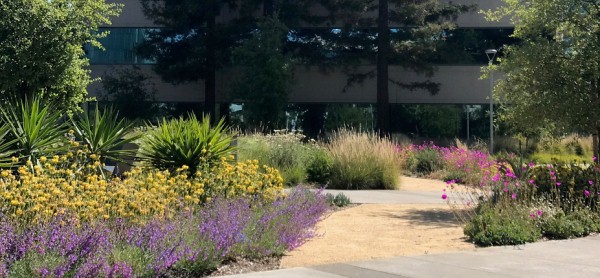All Articles
- All Articles
- Awards
- Bay Friendly
- Blog
- Community Outreach
- Drought Management
- Events
- Irrigation & Green Industry
- Irrigation Management
- Jackie Ishimaru-Gachina
- John Gachina
- Landscape Management
- Landscape Renovation
- News
- Plant Health Care
- Plant of the Week
- Pollinators
- Safety
- Sustainable Landscaping
- Uncategorized
- Water Conservation
- Water Management
-
 4 min read
4 min read8 Benefits of Hardscaping
-
 5 min read
5 min readWhat Is Landscape Construction?
-
 3 min read
3 min readTree Inspections Are Critical After Heavy Rains
-
 1 min read
1 min readCome Visit Us at the 2023 CACM Law Seminar & Expo
-
 4 min read
4 min readWhat Sustainable Landscaping Means to Gachina Landscape Management
-
 2 min read
2 min readUnique Fertilizer for Earth-Friendly Plant Growth
-
 3 min read
3 min readCorporate Landscaping Sets an Image
-
 3 min read
3 min readImplement Low Water Commercial Landscapes Now
-
 3 min read
3 min readWater Management Tips Heading into Fall
-
 3 min read
3 min readPollinator Week 2022 Review
-
 3 min read
3 min readProudly ReScape Certified
-
 3 min read
3 min readWhat’s a Green Roof?
-
 3 min read
3 min readLandscape Rebate Program
-
 3 min read
3 min readIs it Time to Rip Out Your Lawn?
-
 3 min read
3 min readEffect of Drought on Plant Healthcare
-


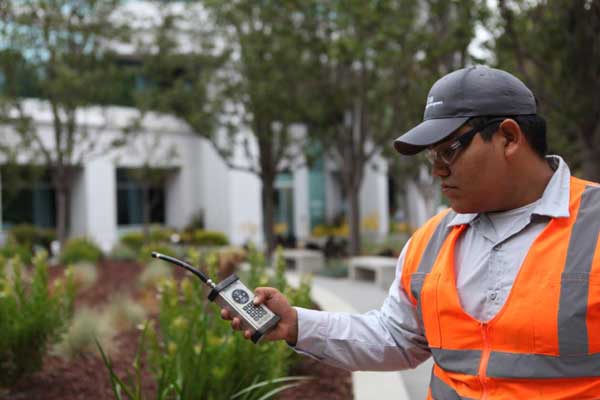 3 min read
3 min readRain? No Rain? Time to Invest in Commercial Irrigation and Water Management
-

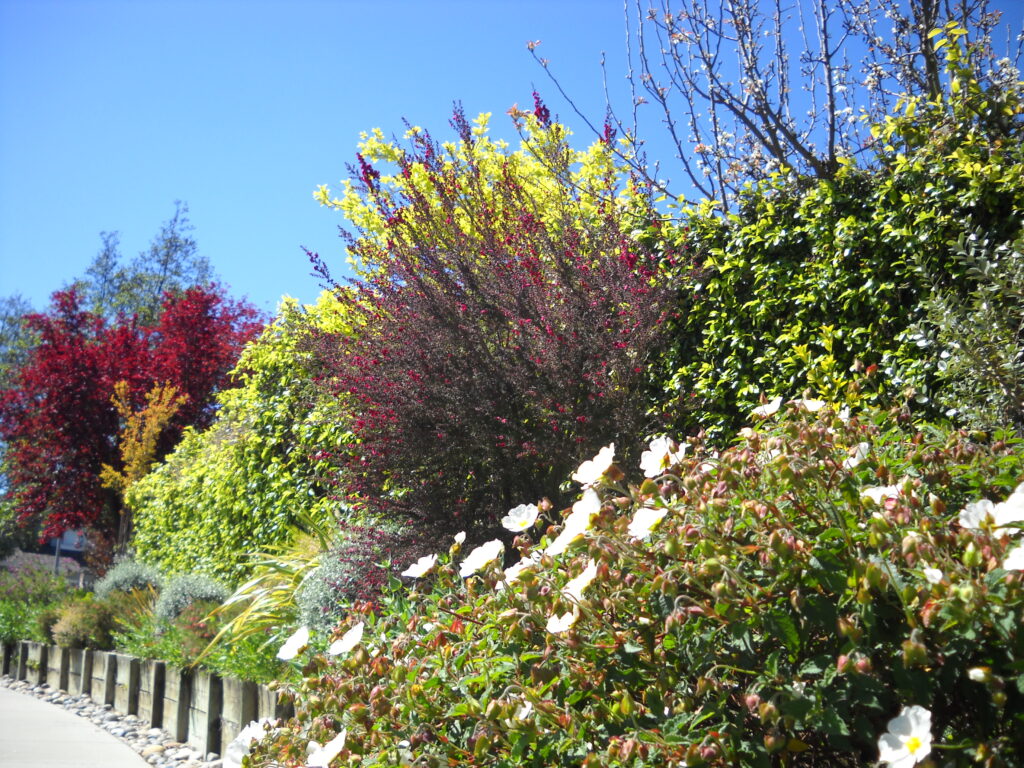 3 min read
3 min readWaterwise Plants that Grow Well in Santa Clara County
-


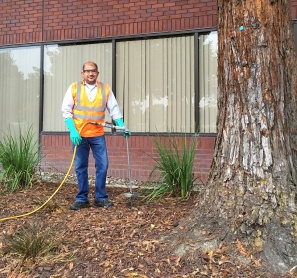 3 min read
3 min readWater Wise Ideas for Landscaping
-

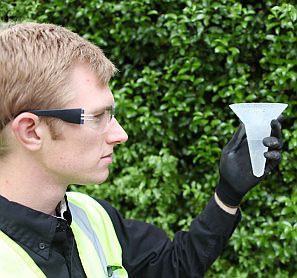 3 min read
3 min read5 Reasons to Request an Irrigation Audit for Your Property
-

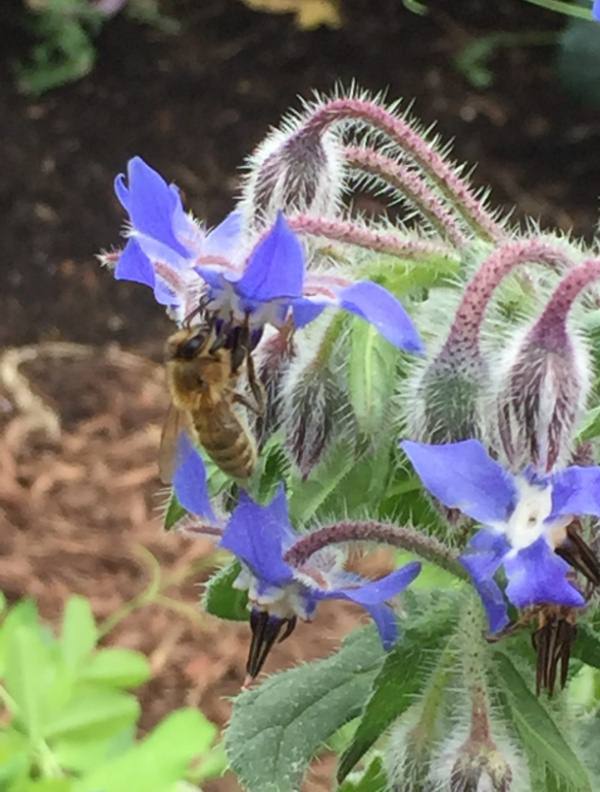 3 min read
3 min readAugust 21 is National Honey Bee Day
-

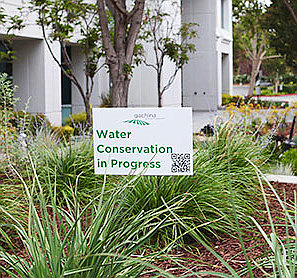 3 min read
3 min readWater-Saving Techniques for Large Bay Area Properties
-

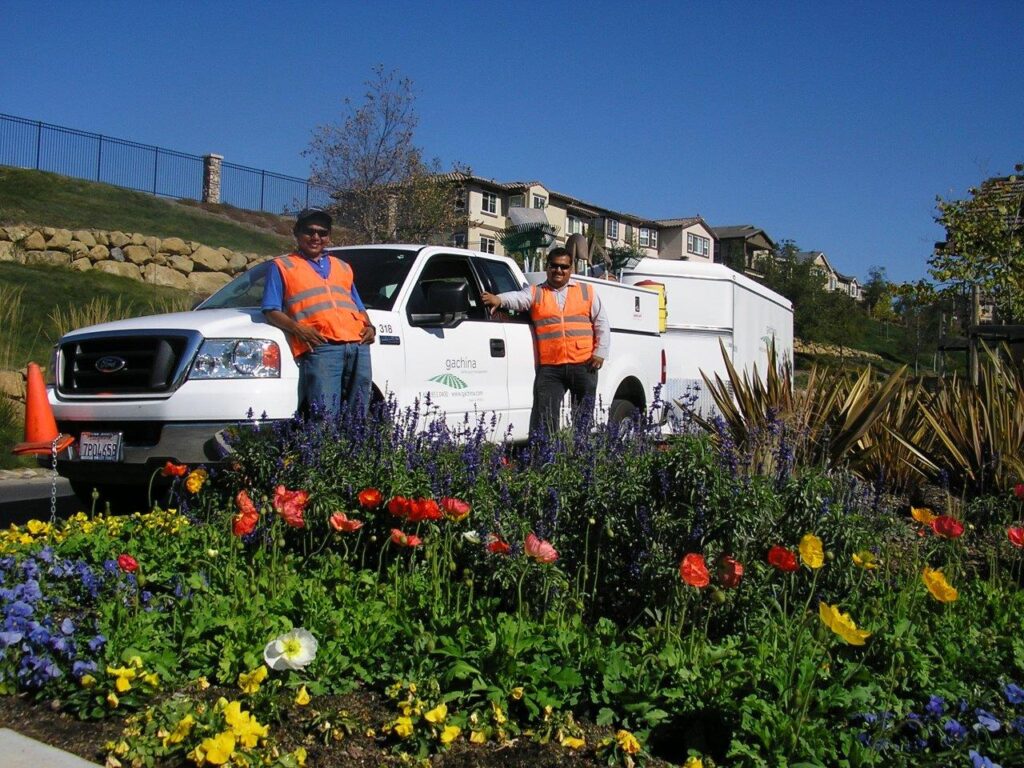 2 min read
2 min readSpring is Time for Wooly Aphids
-

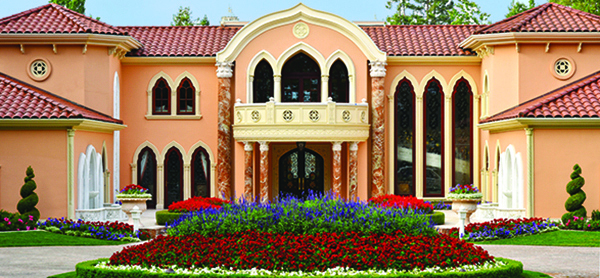 2 min read
2 min readEstate Landscaping Companies in Walnut Creek
-

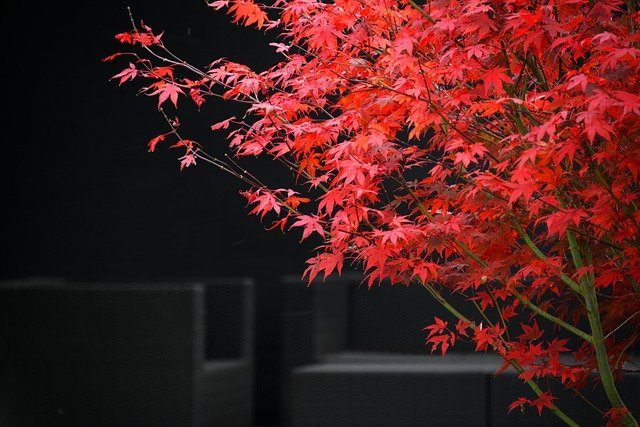 2 min read
2 min readWhy Plant Fruitless Trees?
-


 2 min read
2 min readWhat is Waterfluence, and How Can it Help You?
-

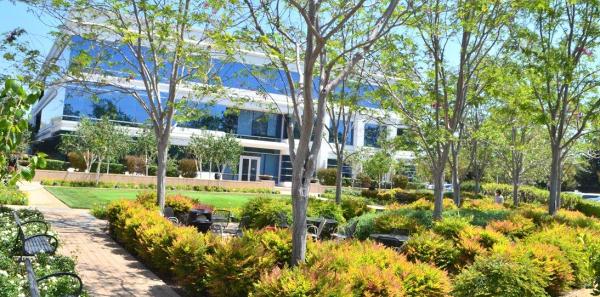 2 min read
2 min readWatch for Root Rot in Trees and Plants
-

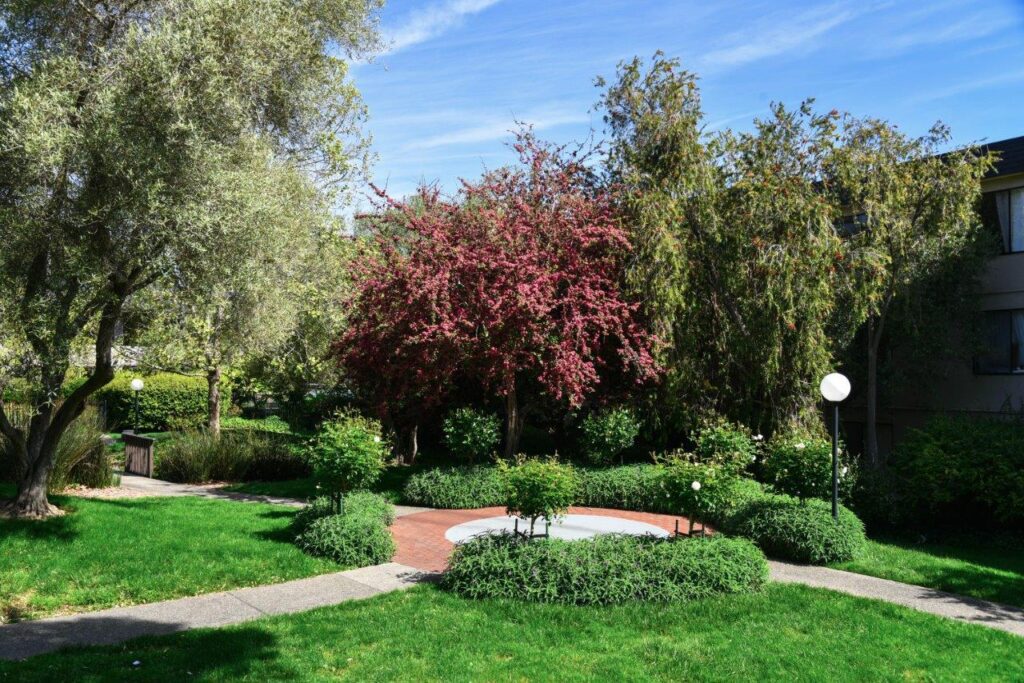 3 min read
3 min readImprove Tree Health and Reduce Sticky Sap Problems
-

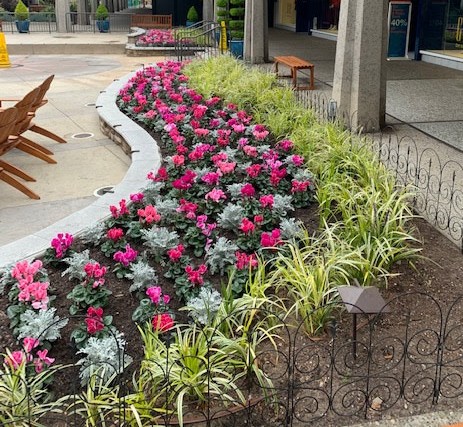 3 min read
3 min readLandscape Management Resolutions for 2021
-

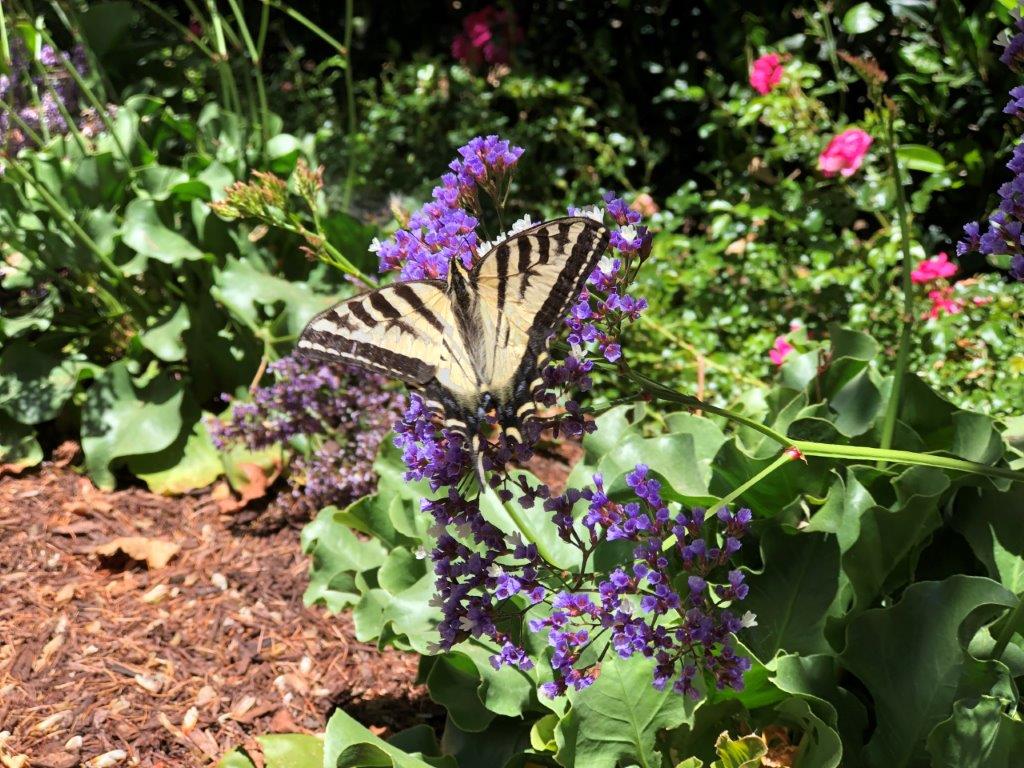 3 min read
3 min readWhat is Regenerative Landscaping?
-

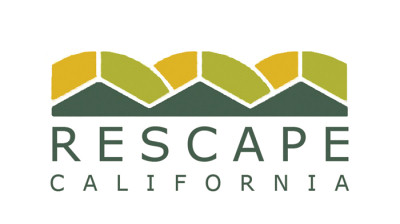 3 min read
3 min readSustainable Landscaping Practices: Part 2
-

 3 min read
3 min readClose-up Profile: William Cruz
-

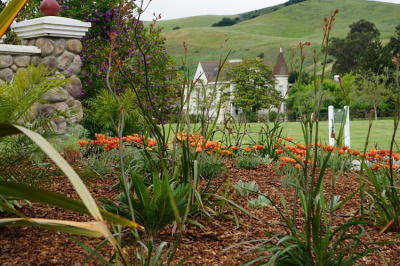 2 min read
2 min readSustainable Landscaping Practices: Part 1
-

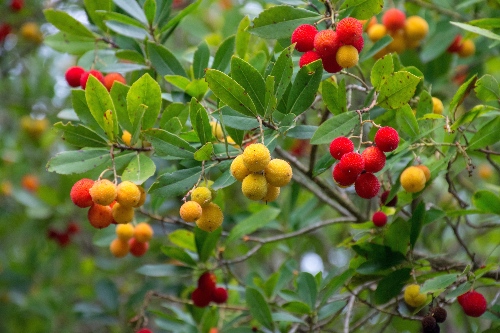 3 min read
3 min readWhat is Fruit Retardant and is It Safe?
-

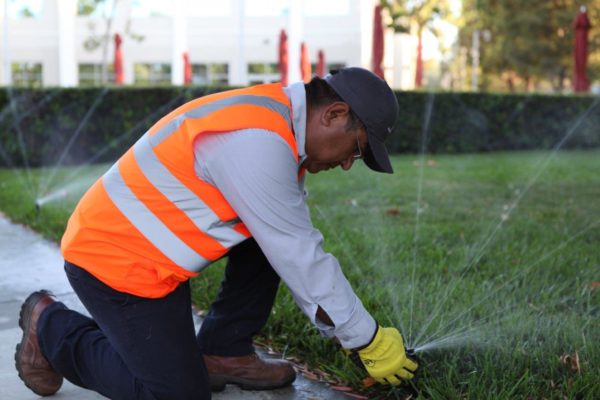 3 min read
3 min readNew Irrigation Sprinkler Regulations for California
-

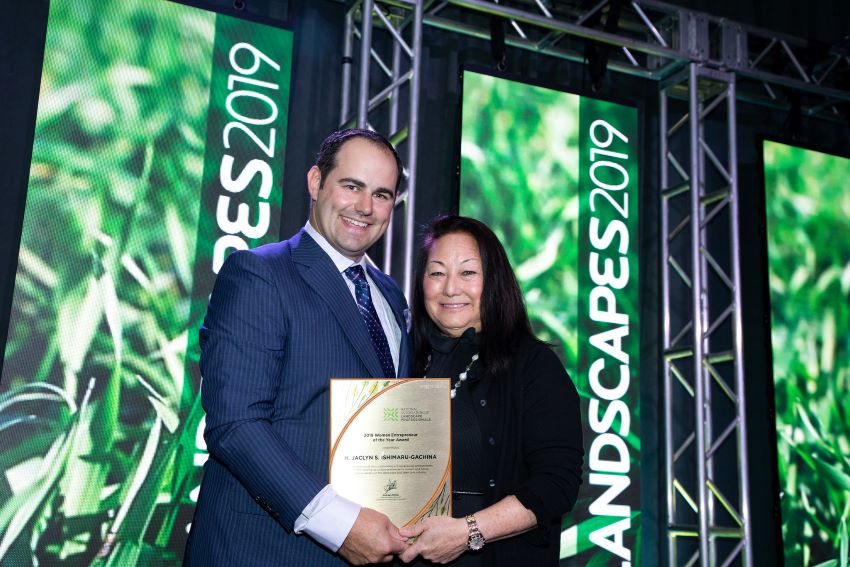 2 min read
2 min readH. Jaclyn Ishimaru-Gachina named NALP 2019 Woman Entrepreneur of the Year
-

 3 min read
3 min readDiversity: Gachina Landscape Management joins Movember movement
-

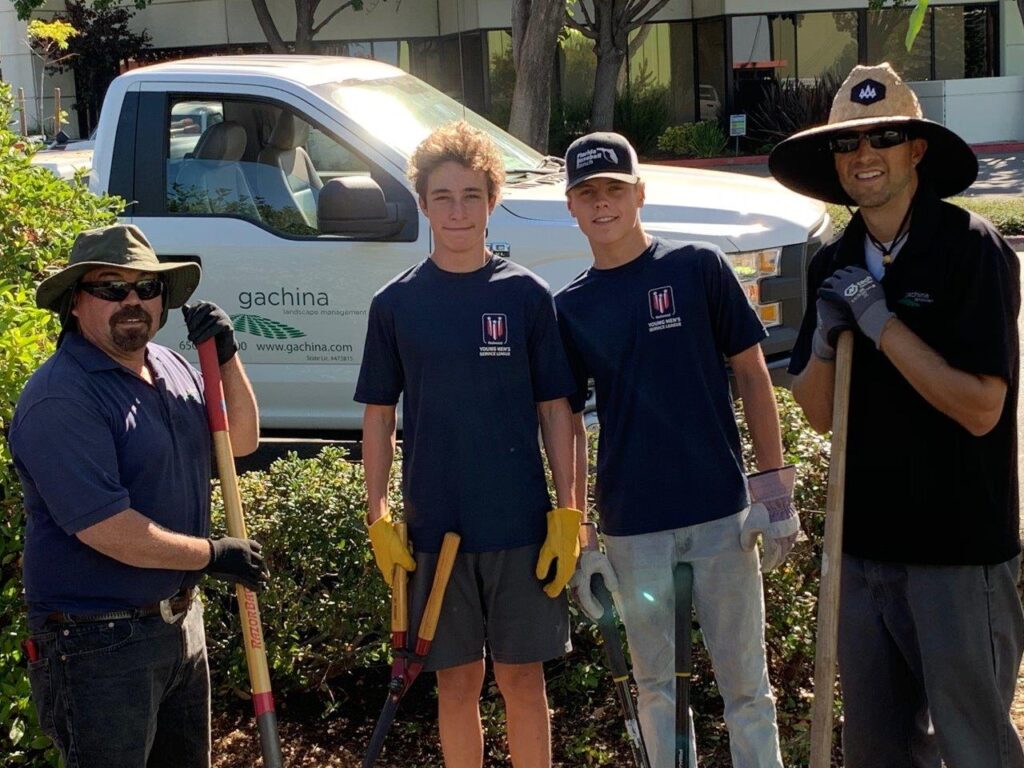 1 min read
1 min readGachina Landscape Management helps new neighbor Open Mind School
-

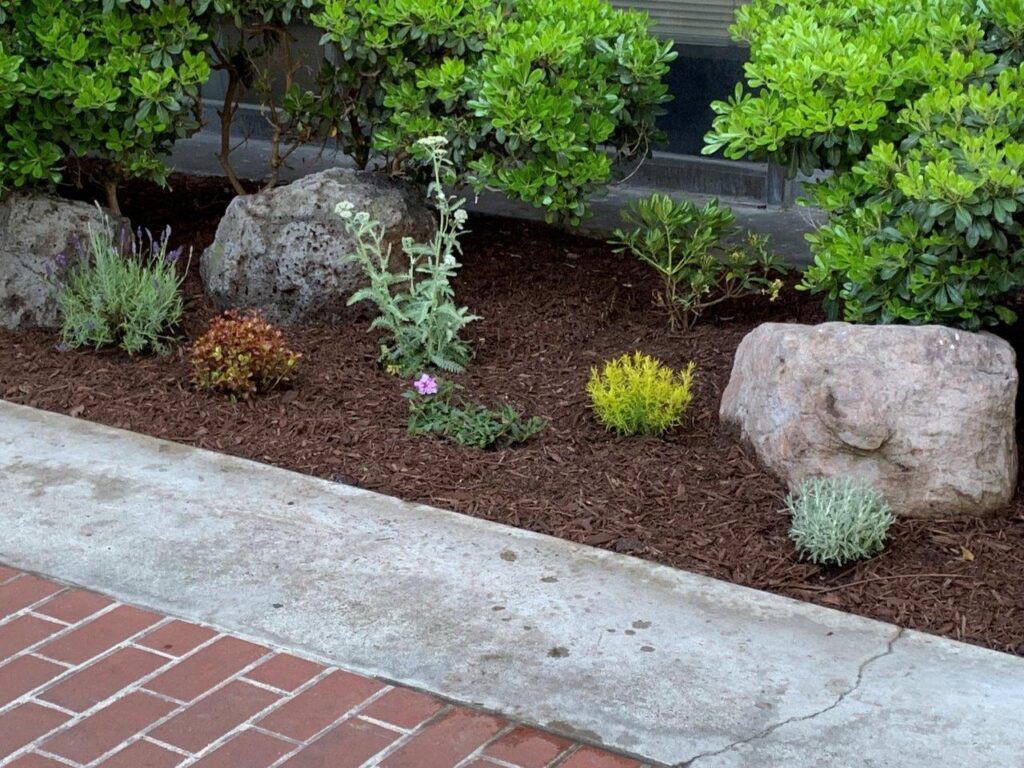 3 min read
3 min readPlant Health Care Services
-

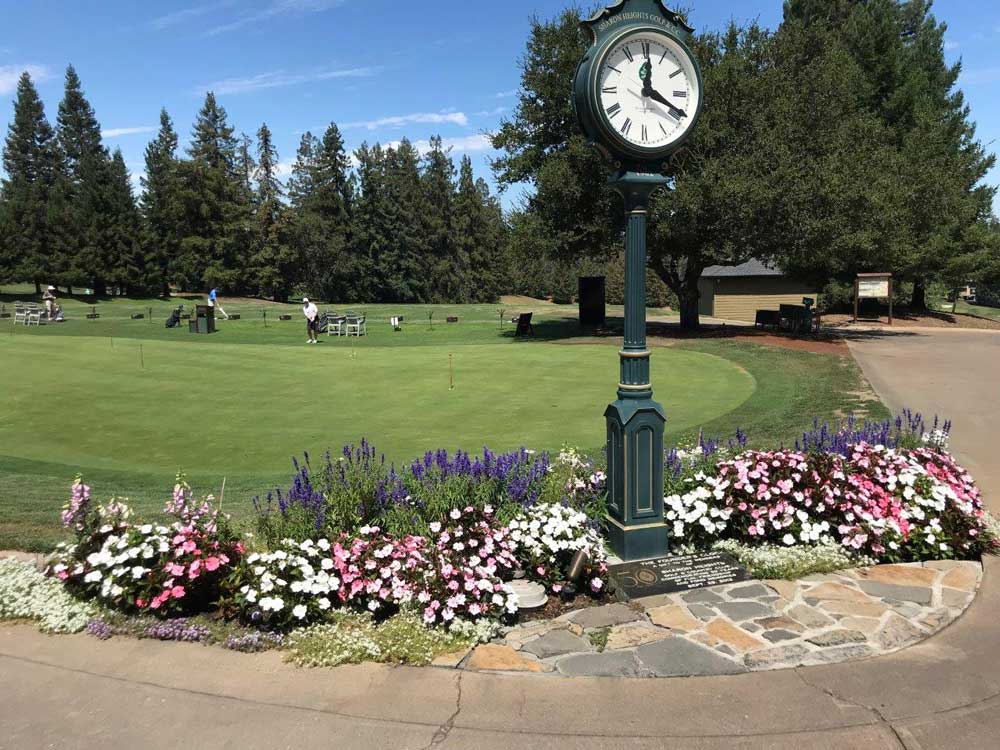 3 min read
3 min readSeasonal Color Planting Services
-

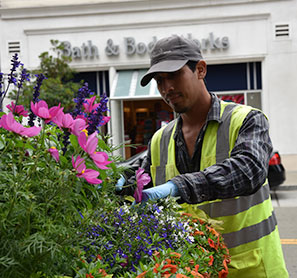 3 min read
3 min read7 Ways Retail Locations and Shopping Centers Benefit from Professional Landscape Management
-

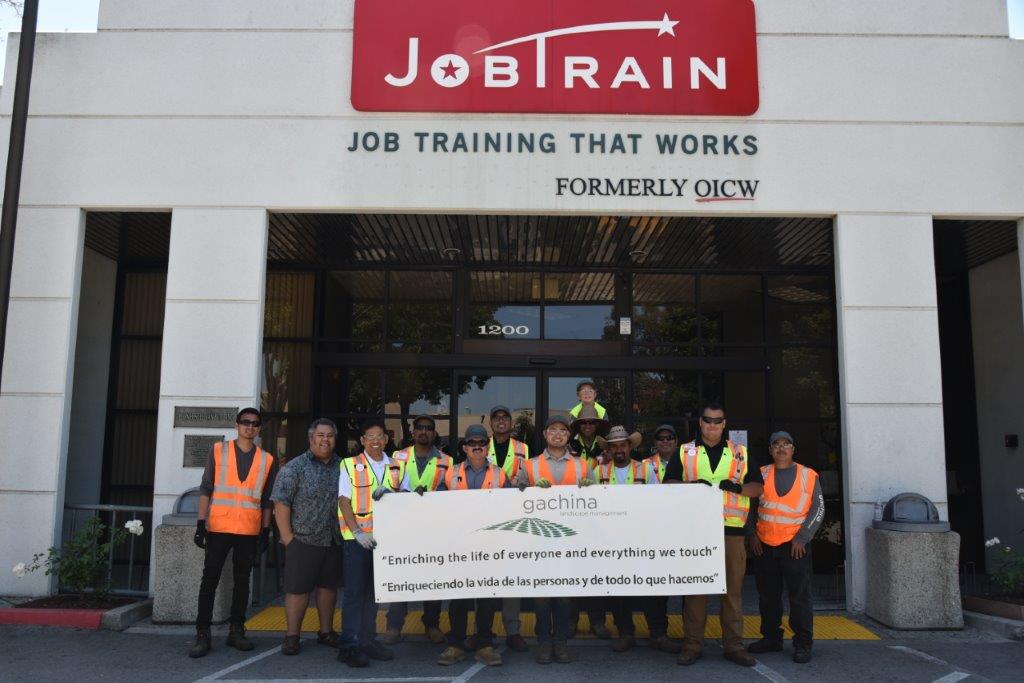 1 min read
1 min readGachina Gives JobTrain a Sustainable Facelift
-


 2 min read
2 min readGachina Landscape Announces the Promotion of Three Executive Leadership Team Members
-

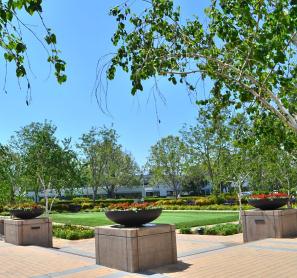 3 min read
3 min read5 Tips to Keep Your Commercial Landscape Looking Good
-

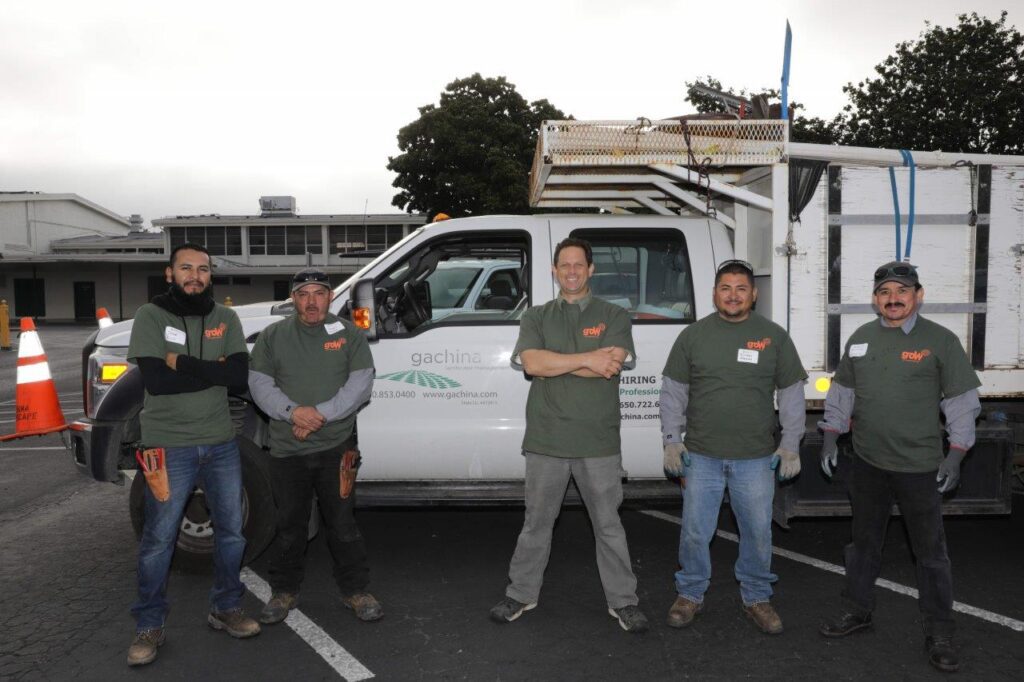 2 min read
2 min readCostano School & SF 49ers Academy Community Outreach
-

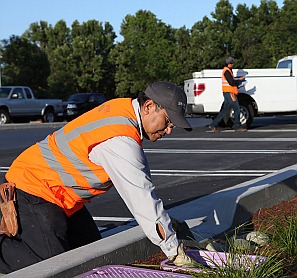 3 min read
3 min readIs Your Irrigation System Up to Date? Maybe it’s Time for an Irrigation Renovation
-


 3 min read
3 min readWhat Should You Consider When Selecting a Commercial Landscape Contractor?
-

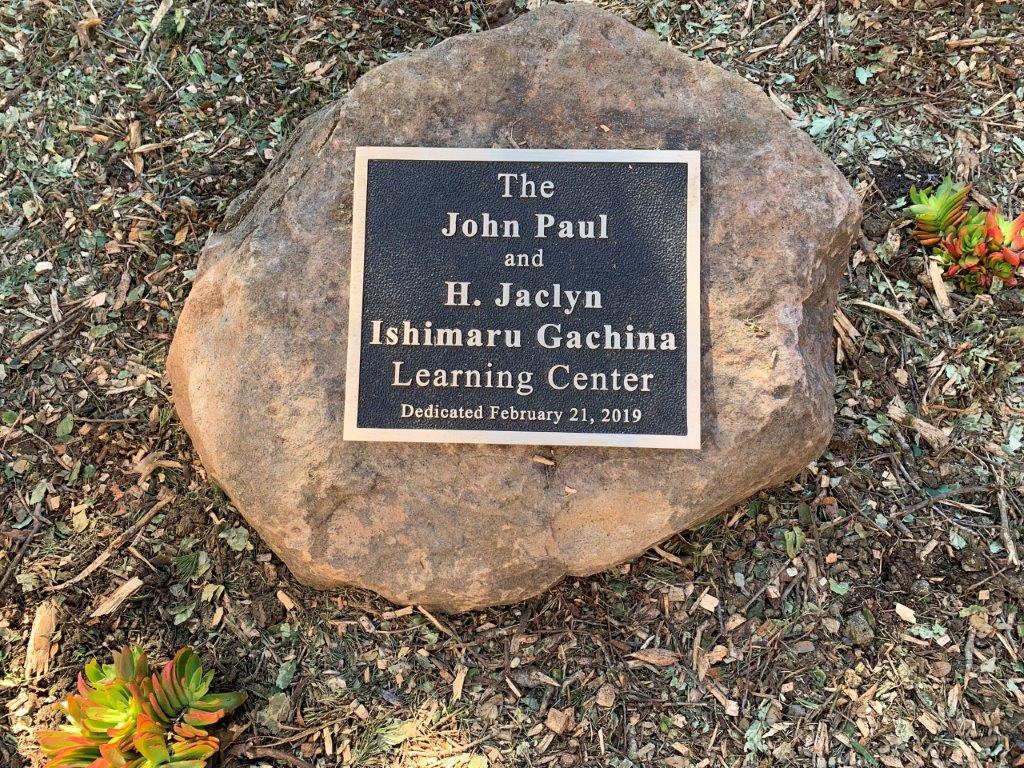 3 min read
3 min readGachina Family Learning Center, Foothill College
-

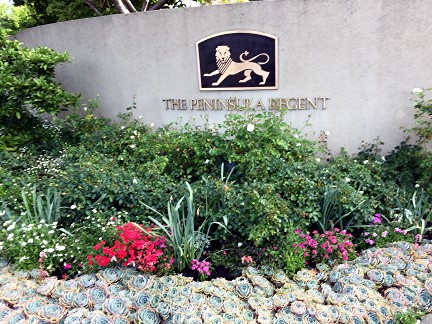 3 min read
3 min readCommercial Landscaping Trends in 2019
-

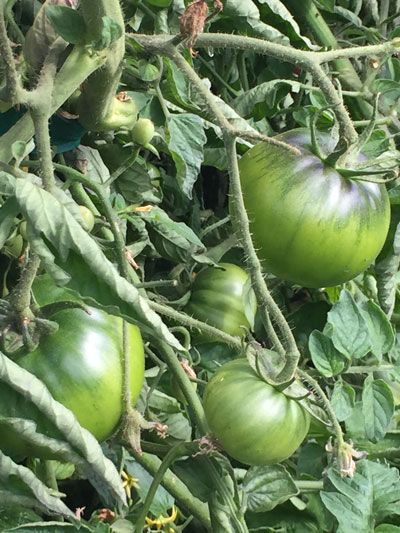 3 min read
3 min readCommunity Gardens
-

 2 min read
2 min readMovember Movement
-

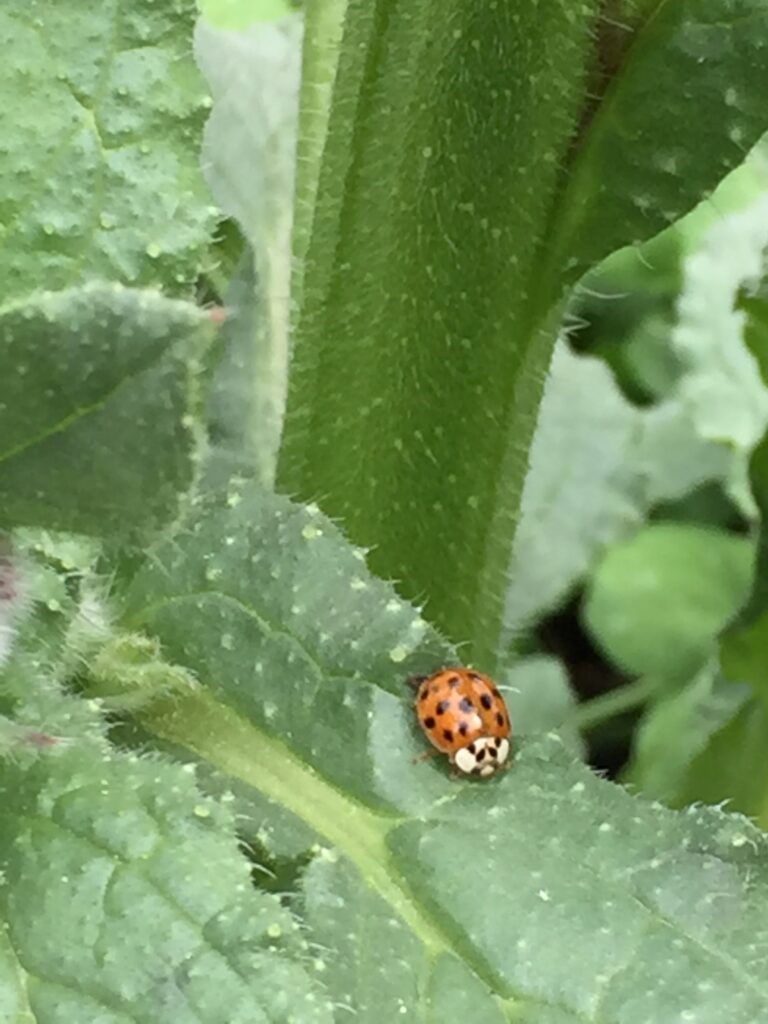 4 min read
4 min readOrganic Pest Control
-

 2 min read
2 min readGachina Tops both Minority and Women-Owned Lists by the San Francisco Business Times
-

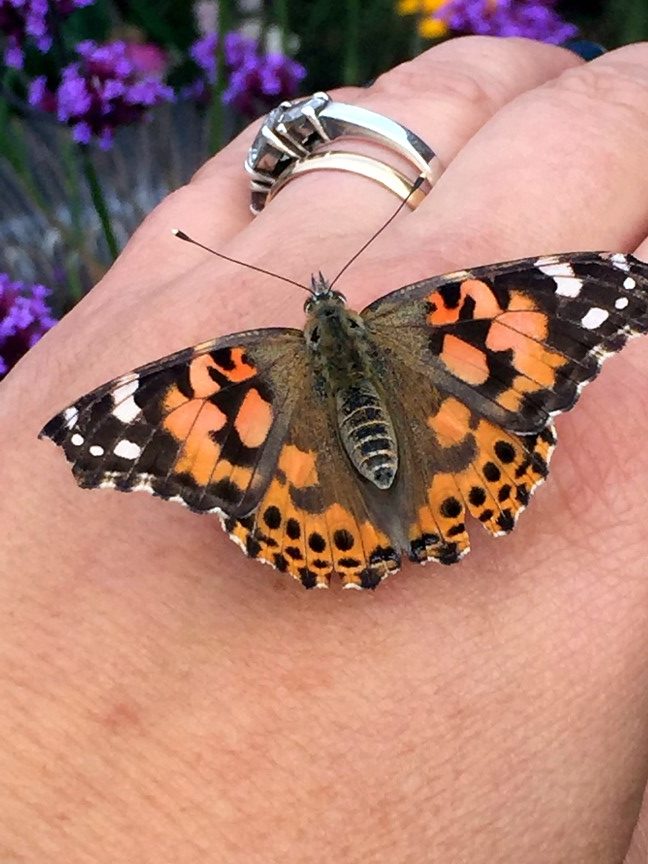 3 min read
3 min readHHPZ Pollinator Grant for Senior Housing Community – Morgan Hill, CA
-

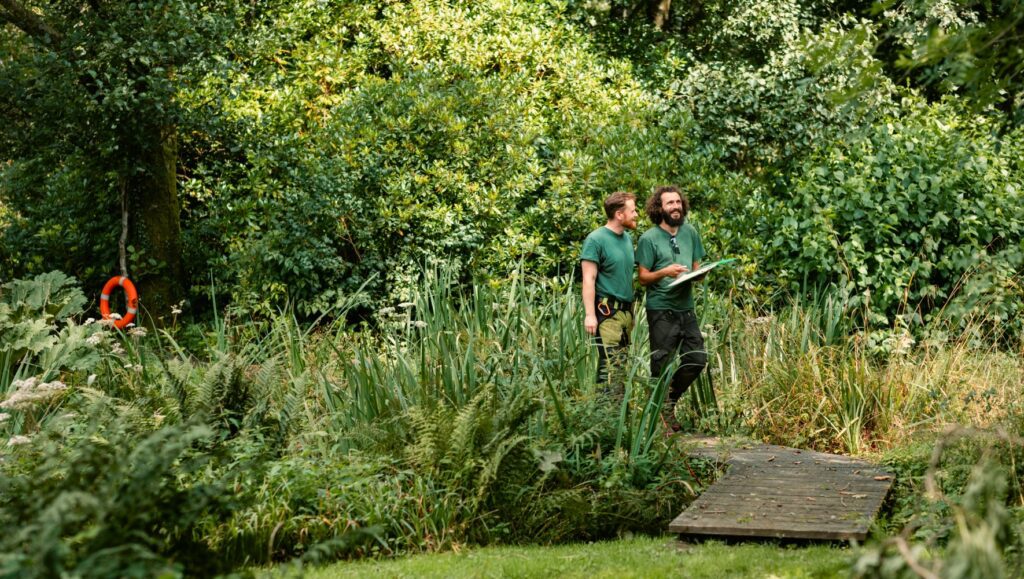 2 min read
2 min readGIS Mapping, a Tool for Better Landscape Management
-

 2 min read
2 min readWeatherTRAK Irrigation Management and Controls
-

 2 min read
2 min readBaseline Irrigation Systems Installation and Management
-

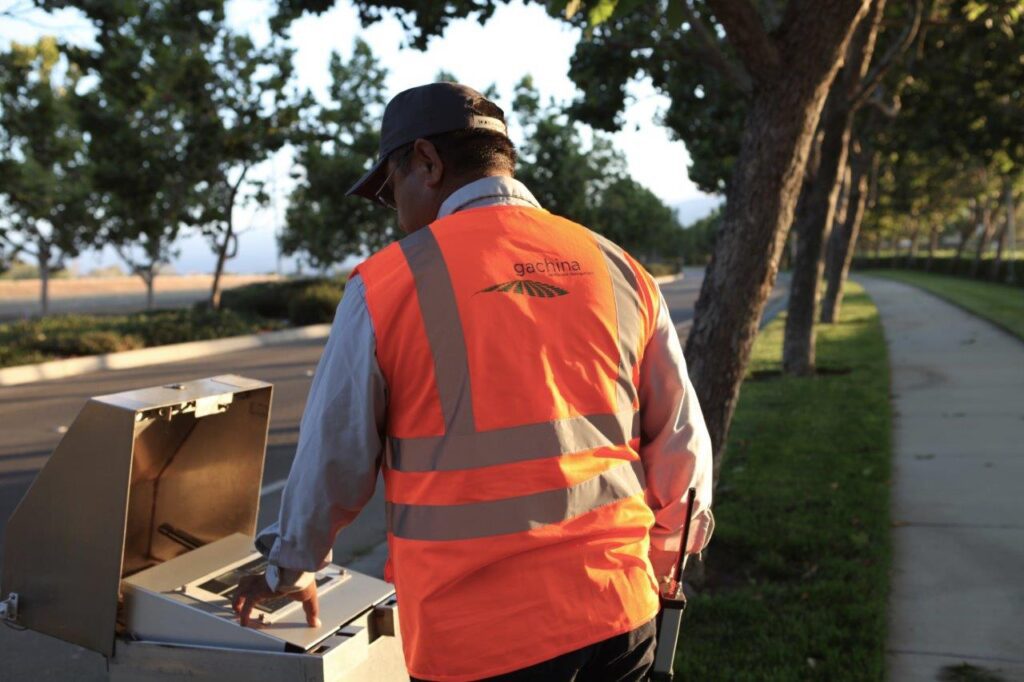 2 min read
2 min readSmart Irrigation Controller Hardware
-

 2 min read
2 min readHydroPoint Installation Management
-

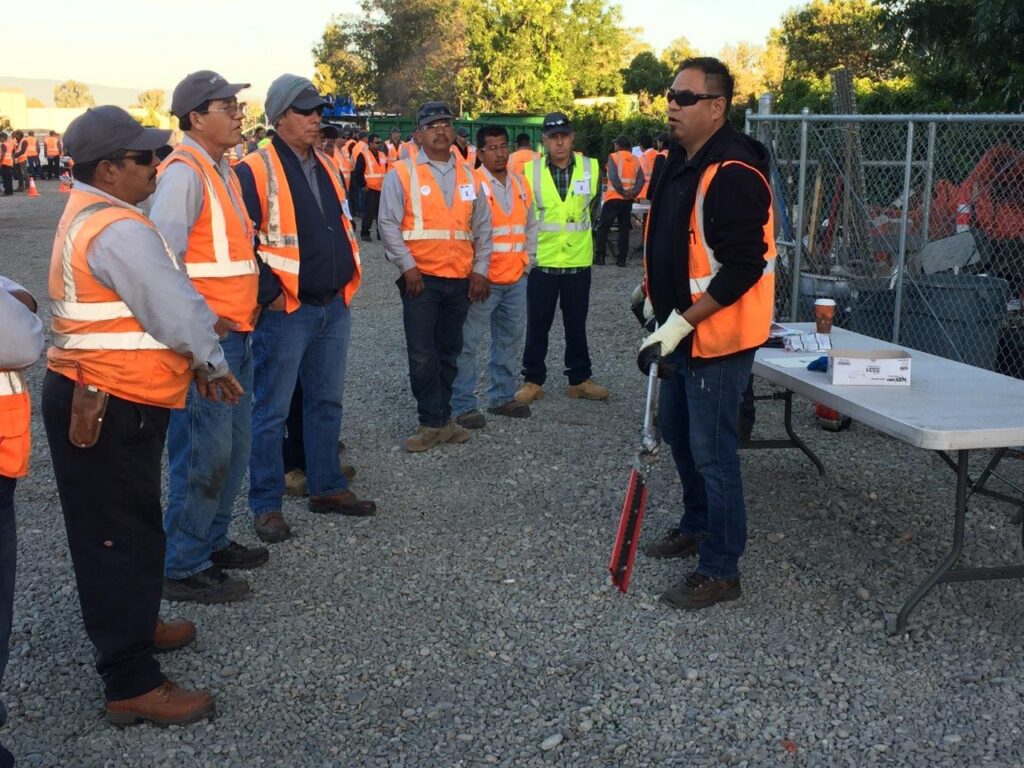 2 min read
2 min readSafety First, June is Safety Awareness Month at Gachina Landscape
-

 4 min read
4 min readLike a Boss: Growing into Leadership
-

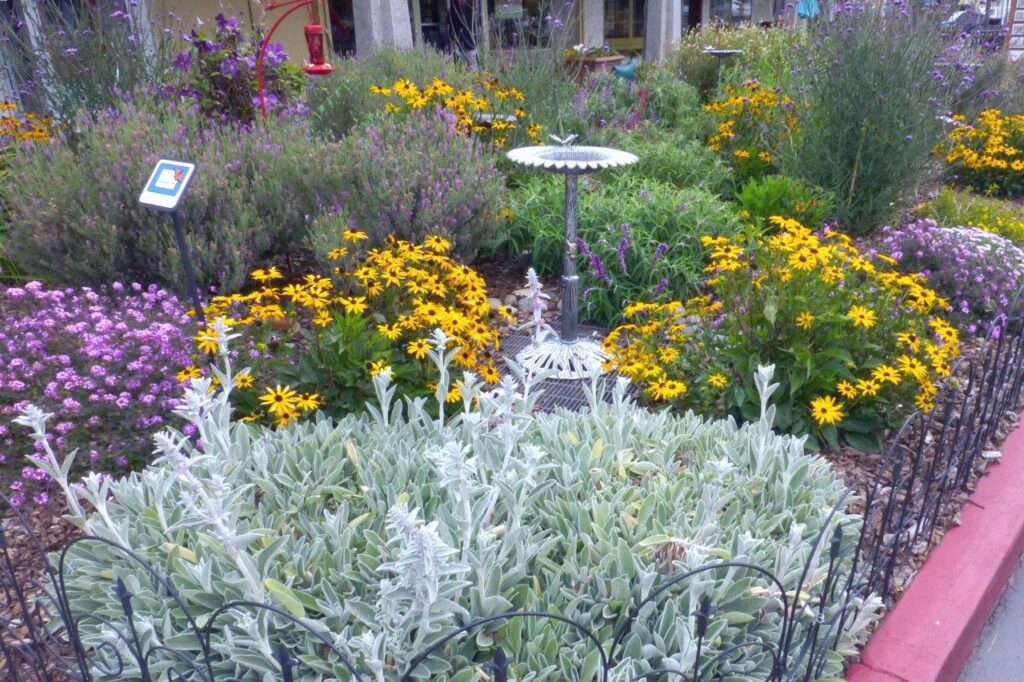 5 min read
5 min readSustainable Maintenance Solutions
-

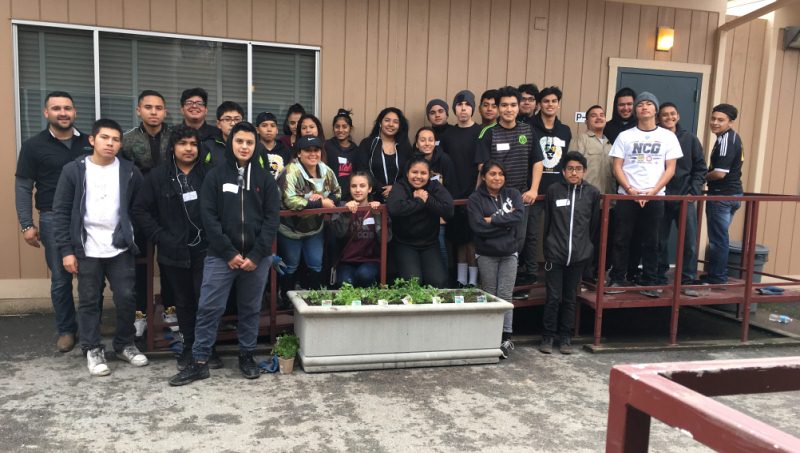 2 min read
2 min readLuis Valdez Leadership Academy Community Service Action Day
-

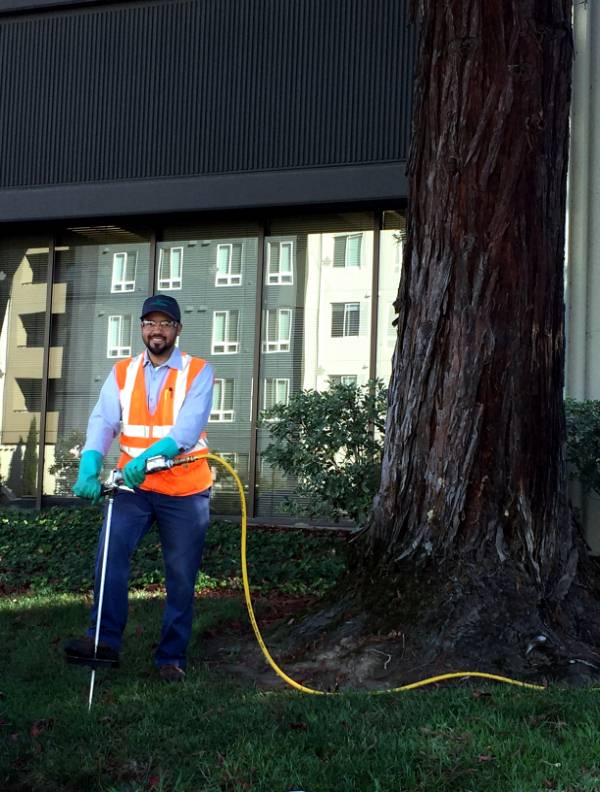 2 min read
2 min read‘Tis the Season to… Fertilize Your Property’s Valuable Trees
-

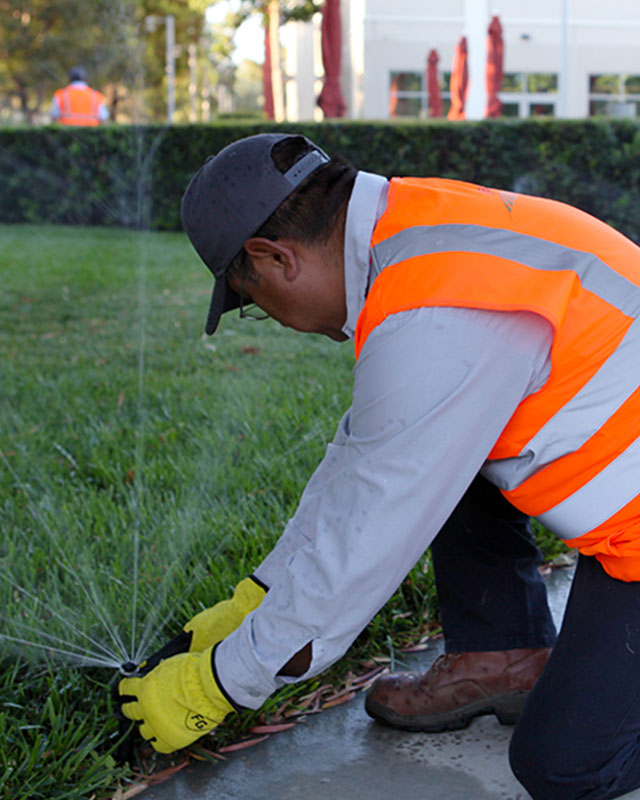 3 min read
3 min readSolving the Mystery of Water Rebates
-

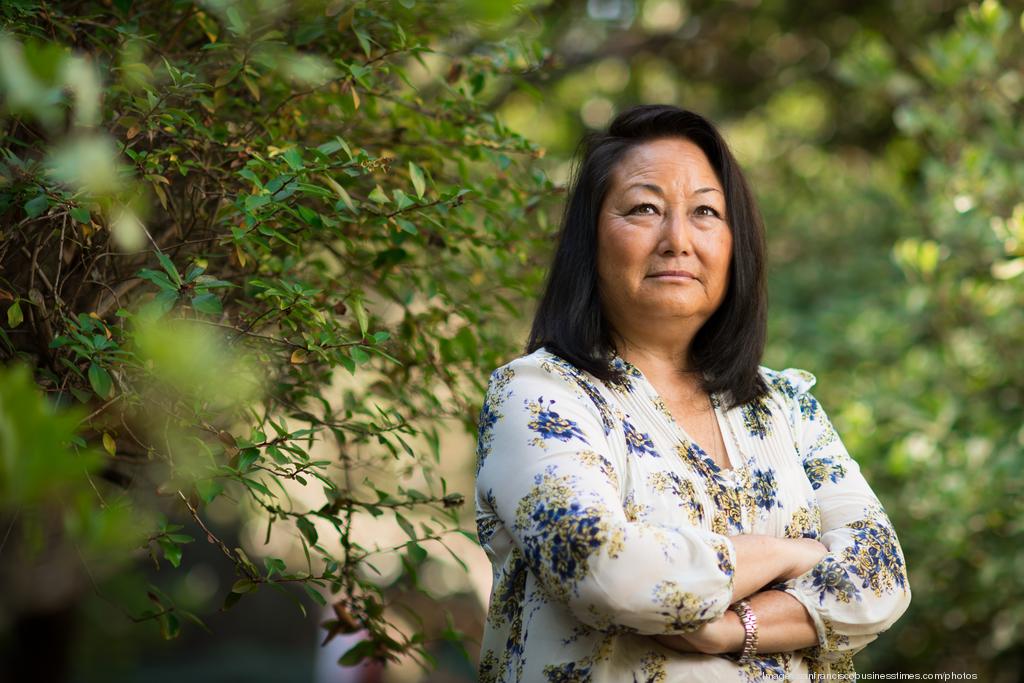 2 min read
2 min readTop Minority and Women-Owned Lists by the San Francisco Business Times
-

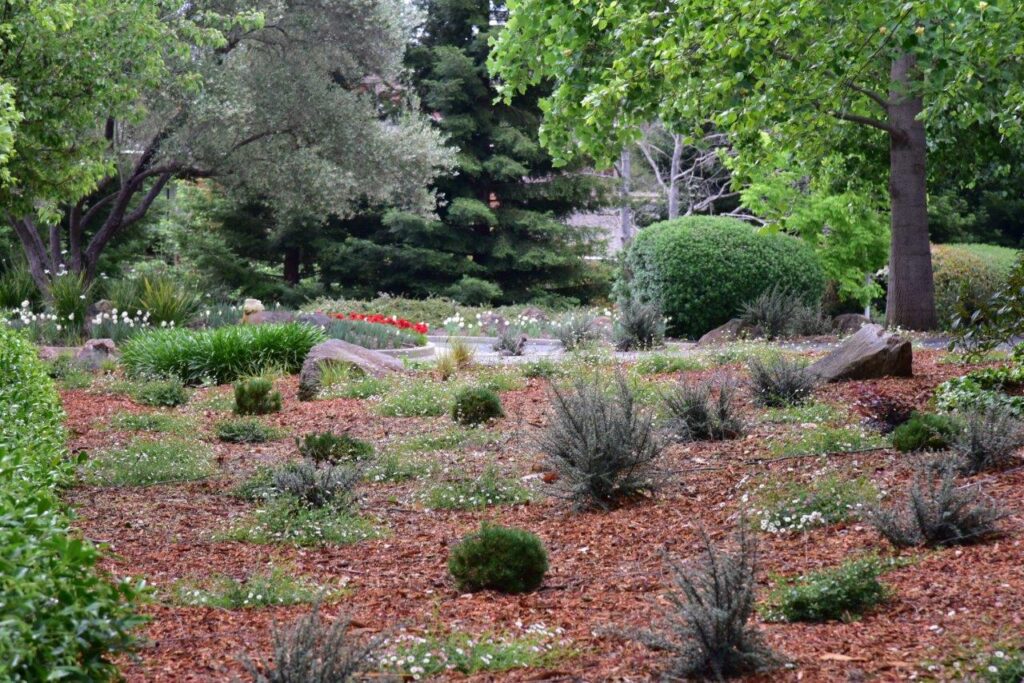 3 min read
3 min readSharon Park HOA, Menlo Park ~ Certified New Wildlife Habitat by The National Wildlife Federation
-

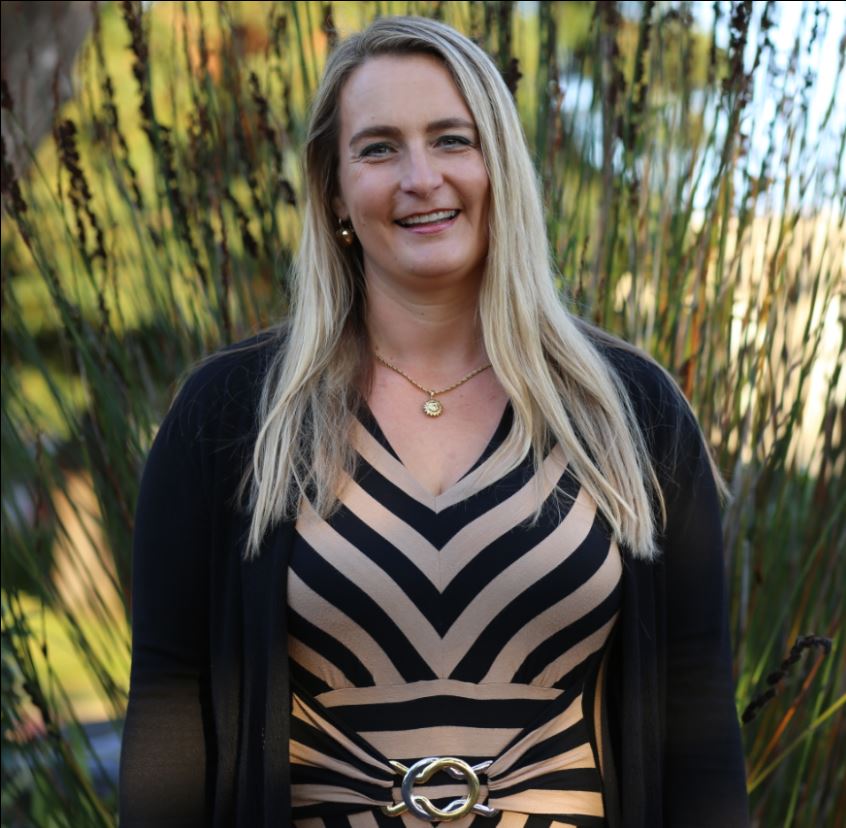 3 min read
3 min readLike A Boss
-

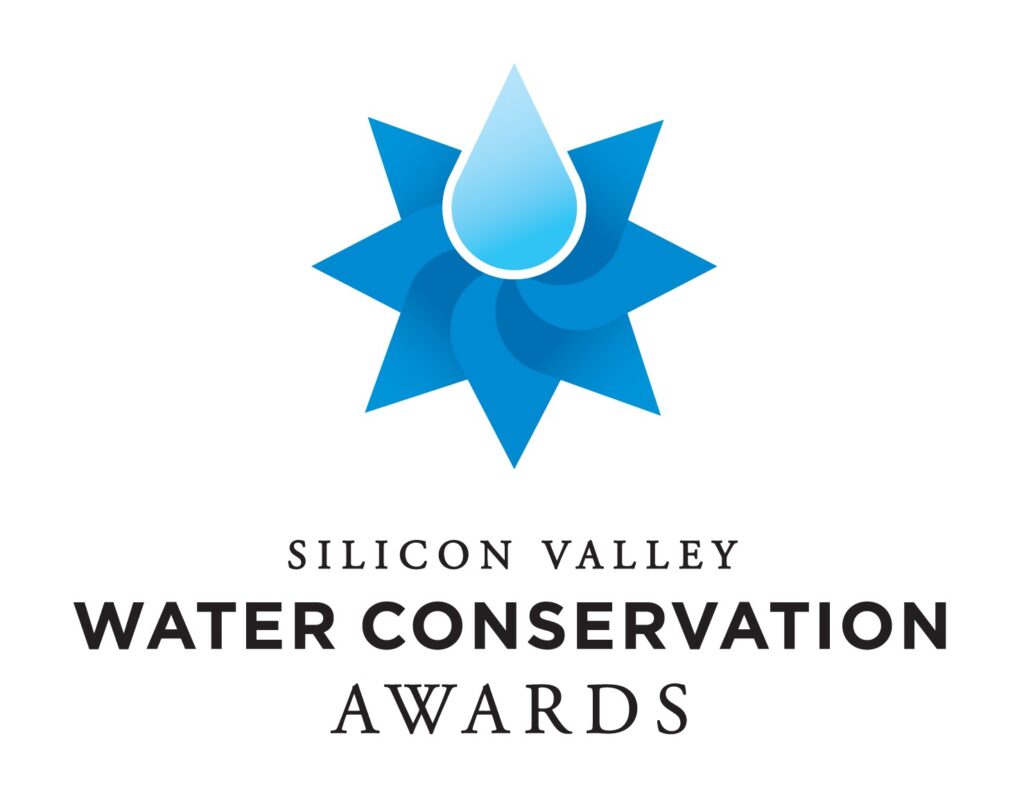 3 min read
3 min readGachina Recognized for Water Conservation Efforts at SLAC National Accelerator Laboratory
-

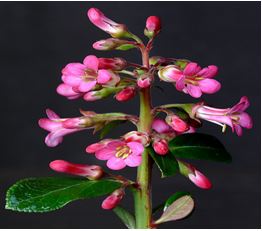 1 min read
1 min readPlant of the Week 2.22 – 2.26 ~ Escallonia
-

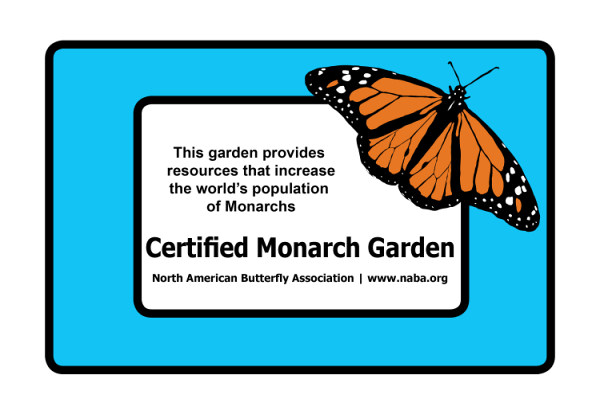 2 min read
2 min readCertified Monarch Garden – Del Monte Shopping Center, Monterey
-

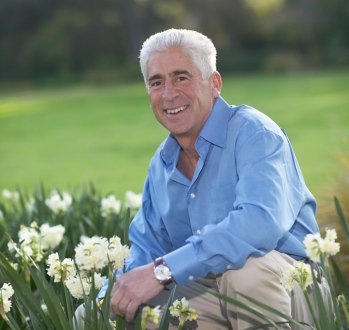 3 min read
3 min readJohn Paul Gachina
-

 3 min read
3 min readJohn P. Gachina
-

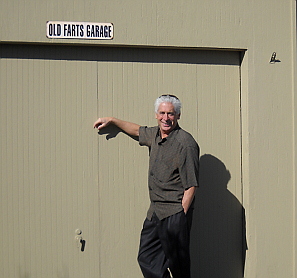 2 min read
2 min readIn Memory: John Gachina
-

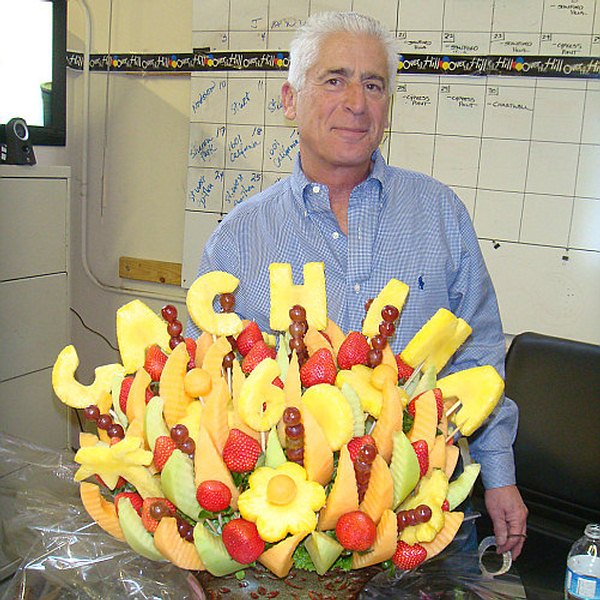 1 min read
1 min readJobTrain Mourns the Passing of Longtime Friend and Partner, John Gachina
-

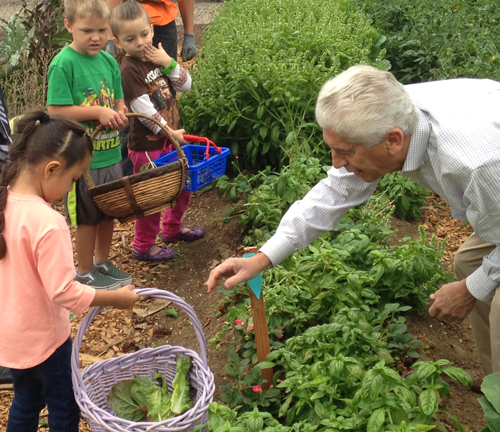 3 min read
3 min readMoment of Silence: John Gachina (1951 – 2015)
-

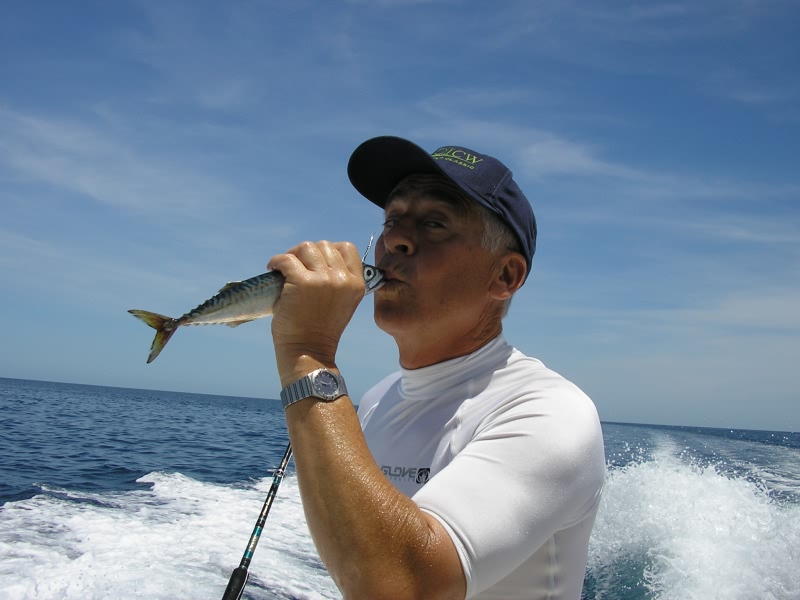 1 min read
1 min readU.S. Landscaping Industry Loses Another of its Longtime Leaders
-

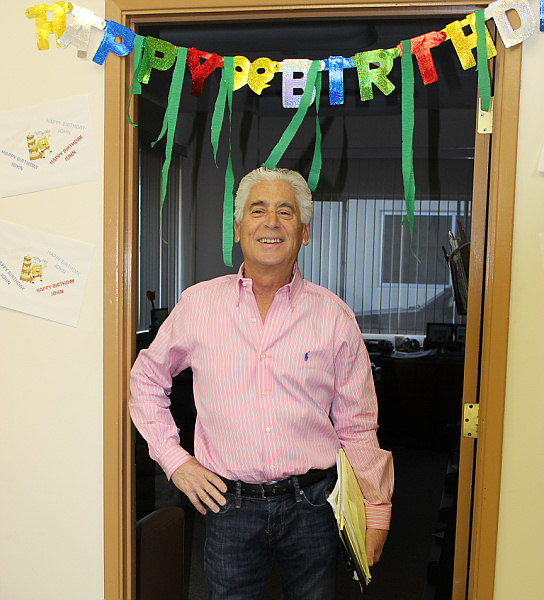 3 min read
3 min readIn Memoriam: John Gachina
-

 1 min read
1 min readJohn Gachina
-

 2 min read
2 min readIn Memory: John Gachina
-

 2 min read
2 min readSeaside Highlands Water Usage
Load More
